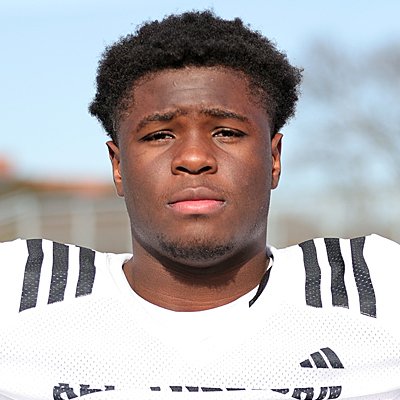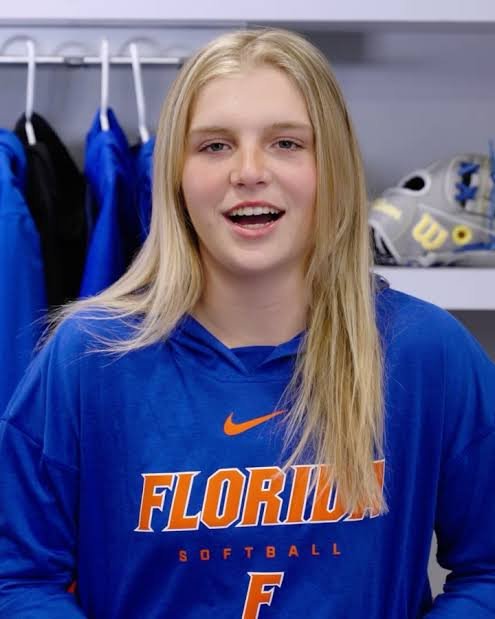“Analyst Danny Kanell’s Bold Rant: Why Transfer Portal Players Are the ‘Airbnb’ of College Football!”
Analyst Danny Kanell’s Bold Rant: Why Transfer Portal Players Are the ‘Airbnb’ of College Football!
In a recent discussion on college football dynamics, sports analyst Danny Kanell ignited a firestorm of debate with his provocative statement that transfer portal players are akin to the ‘Airbnb’ of the college sports landscape. His comments have resonated widely with fans and pundits alike, igniting discussions about the evolving nature of college athletics, player freedom, and the implications for both teams and institutions.
#### The Transfer Portal Phenomenon
The NCAA transfer portal, introduced in 2018, has dramatically changed the way college athletes transition between schools. Players now have the freedom to transfer without having to sit out a year, significantly altering the recruitment landscape. This new freedom allows athletes to escape difficult situations, seek better opportunities, or find a system that suits their skills. However, critics argue that it undermines the traditional structure of college football, similar to how Airbnb disrupts the hotel industry.
Danny Kanell’s comparison is particularly striking when you consider the implications of the transfer portal. Just as Airbnb allows homeowners to rent out their spaces for profit, players are now increasingly viewed as commodities who can ‘shop’ their talents to the highest bidder. In Kanell’s eyes, this commodification detracts from the fundamental spirit of college athletics.
#### Kanell’s Key Arguments
During a recent segment on his popular sports talk show, Kanell outlined several key points to support his argument.
1. **Short-Term Gains Over Loyalty**: Kanell argued that transfer portal players often prioritize short-term success and immediate opportunity over long-term commitment to a program. In his view, this tendency mirrors the Airbnb model where homeowners prioritize quick income over building long-term relationships with guests. For college football, this raises questions about loyalty and the sense of community typically associated with collegiate sports.
2. **Increased Competition Among Programs**: Just as traditional hotels must now compete with Airbnb for guests, college football programs find themselves in an escalating arms race to attract transfer portal talent. Kanell expressed concern that this trend could lead to an uneven playing field, where established programs with larger budgets and better facilities attract the best talent while smaller programs struggle to compete.
3. **Impact on Team Chemistry**: Kanell also highlighted how the influx of transfer portal players can disrupt team dynamics. In a similar manner to how Airbnb properties may vary dramatically in quality and experience, transfer players may not always mesh well with existing team members. The constant turnover can inhibit the development of program culture and cohesion.
4. **Erosion of Tradition**: Finally, Kanell lamented the loss of the traditional college football narrative. Teams with legacy and history are often overshadowed by an influx of ‘hired guns’ from the transfer portal. He suggested that just as Airbnb has redefined hospitality norms, the transfer portal is reshaping the identity of college football programs.
#### The Reaction from Players and Coaches
Kanell’s comments have sparked varied reactions across the college football community. Many players defended their right to seek better opportunities, emphasizing their commitment to pursuing competitive football at the highest level. “I want to succeed and feel my best chance is to find a program that fits my skills,” one transfer portal athlete stated. “I worked hard to get where I am, and I’m not here for loyalty; I’m here for results.”
Coaches, too, had mixed responses. Some shared Kanell’s concerns about loyalty and long-term commitment, while others argued that the transfer portal provides athletes the empowerment they deserve. “It’s their career,” one head coach remarked. “If a player feels they can find a better fit somewhere else, who are we to hold them back?”
#### Exploring the Bigger Picture
The debate extends beyond the opinions of analysts and commentators; it touches on larger questions about the future of college sports. Critics of the current transfer portal system argue that it places undue pressure on coaches to constantly recruit, even from their own rosters. This dynamic raises the stakes in an already competitive environment, leading to an ongoing cycle of roster turnover that complicates team-building efforts.
Moreover, as college athletics increasingly resembles professional sports, questions arise about the ethics of recruiting players from other programs who may be desperate to play a more significant role. This issue compounds further when considering scholarships and financial aid, as many programs that recruit transfers may do so at the expense of local recruits who remain loyal to their programs.
#### The Evolution of College Football
Ultimately, Danny Kanell’s comparison of transfer portal players to Airbnb properties shines a light on the seismic shifts facing college athletics today. The landscape is evolving, and with it, the definitions of loyalty, commitment, and competition. The implications for both players and programs are profound, and while the current system may provide benefits for immediate success, it raises important questions about the future of college football’s integrity.
As the debate continues, one thing is clear: the transfer portal is not just a new tool for athletes, but a mirror reflecting broader societal changes regarding commitment, freedom, and competition. Whether one agrees with Kanell’s assessment or not, it serves as a starting point for crucial conversations about what the future holds for college sports.
#### Conclusion
Danny Kanell’s controversial analogy captures the attention of fans and analysts alike, encapsulating the complex emotions many feel about the transfer portal. As college football wrestles with these changes, defining a new atmosphere of competition and player empowerment, there’s no doubt that the conversation around loyalty, growth, and opportunity in sports will continue to evolve.
In the world of sports analysis, Kanell has succeeded in igniting a debate that challenges listeners to consider the deeper implications of the transfer portal and its impact on the essence of college football. As fans tune in and weigh in with their opinions, it’s evident that the future of college sports remains a topic full of passion, divergence, and hope for evolving narratives.



Post Comment